The human rights treaty bodies are committees of independent experts that monitor implementation of the core international human rights treaties. Each State party to a treaty has an obligation to take steps to ensure that everyone in the State can enjoy the rights set out in the treaty.
There are ten human rights treaty bodies composed of independent experts of recognized competence in human rights, who are nominated and elected for fixed renewable terms of four years by State parties
https://www.ohchr.org/EN/HRBodies/Pages/Overview.aspx
The Democratic People’s Republic of Korea (DPRK) is a party to five of the nine core human rights treaties. It has ratified the International Covenant on Economic, Social and Cultural Rights (1981), International Covenant on Civil and Political Rights (1981), Convention on the Elimination of All Forms of Discrimination against Women (2001), Convention on the Rights of the Child (1990) and Convention on the Rights of Persons with Disabilities (2016). It has also ratified the Optional Protocol to the Convention on the Rights of the Child on the sale of children, child Prostitution and child Pornography (2014). In 2019, the DPRK submitted its initial report to the Committee on the Rights of Persons with Disabilities. The Human Rights Committee, at its 131st session (1–26 March 2021), adopted a list of issues prior to the submission of the third periodic report of the Democratic People’s Republic of Korea (CCPR/C/PRK/QPR/3). The Committee on the Elimination of Discrimination against Women and the Committee on the Rights of the Child reviewed DPRK in 2017.
Most Recent Concluding Observations
Committee on the Rights of Persons with Disabilities
Concluding observations (2025) CRPD/C/PRK/CO/1
Committee on the Elimination of Discrimination against Women
Concluding observations (2017) CEDAW/C/PRK/CO/2-4
Committee on the Rights of the Child
Concluding observations (2017) CRC/C/PRK/CO/5
Committee on Economic, Social and Cultural Rights
Concluding observations (2003) E/C.12/1/Add.95
Human Rights Committee
Concluding observations (2001) CCPR/CO/72/PRK
